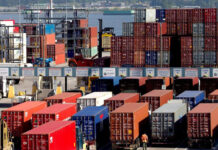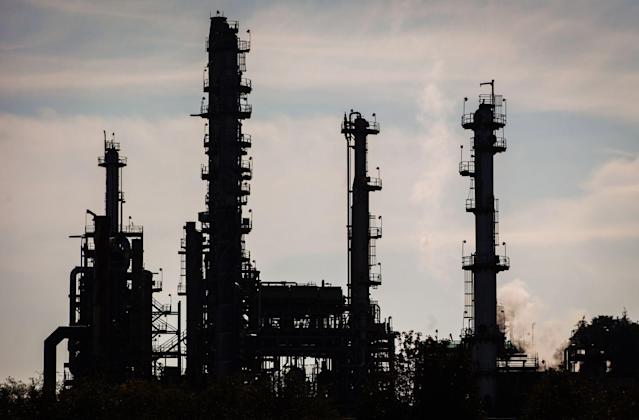ISLAMABAD: The Petroleum Division has asked the Oil and Gas Regulatory Authority (OGRA), Federal Board of Revenue (FBR), Board of Investment (BoI) and secretaries of concerned departments to furnish comments on the proposed new oil refining policy within 15 days for onward submission to the Cabinet Division, Profit learnt on Thursday.
According to sources, the next meeting of the federal cabinet’s Economic Coordination Committee (ECC) is likely to take up the summary on the policy.
The policy, once approved, will be included in the Finance Bill 2021-22 and will supersede all previous refining policies. However, contractual commitments made by the government to any refinery will supersede any conflicting provision in the new policy until the time that the contract’s expiry.
Sources said that an implementation unit will be set up within OGRA to ensure compliance with the undertakings given by existing refineries who wish to upgrade and facilitate local and foreign investors. Approvals from various authorities will be managed through a one-window operation housed in the Ministry of Energy.
As per the new policy framework, which has been finalised in consultation with the local refining industry, all new deep conversion oil refinery projects of a minimum of 100,000 barrels per day (BPD) refining capacity, to be set up anywhere in the country with government approval latest by Dec 31, 2021, shall be eligible for 20-year income tax holiday from profits and gains from the date of commissioning.
The government will not guarantee product off-take and the refineries would be free to market their products through their own or other marketing companies or export after meeting local needs.
They would also be entitled to exemption from customs duty, withholding tax or any other levy on import of any equipment to be installed, or material to be used in the refinery without certification by the Engineering Development Board (EDB). They would also avail exemption from general sales tax, or any other ad valorem tax on the import of equipment to be installed or materials to be used in the refinery prior to commissioning.
Likewise, the product pricing formula will be based on true import parity price to be derived from Arab Gulf mean FOB spot price, or from the Singapore mean FOB spot price. All other elements including premium, freight, port charges, incidentals, and import duties will be added to the final consumer price. Additionally, prevalent inland freight of imported crude oil to a refinery will be added for upcountry refineries.
The refineries shall be allowed to open and maintain foreign currency accounts besides, retaining a certain portion of export proceeds in foreign currency to meet operational requirements.
Furthermore, there will be no restriction on the selection of equipment, technology, or process other than the fact that it must be a deep conversion refinery. No new hydro-skimming refinery will be allowed to be installed in the country.
Infrastructure such as Single Point Mooring (SPM), Single Buoy Mooring (SBM), jetties, subsea/land pipelines, oil terminals, and tank farms that are part of the overall refinery design, will be treated as integral to the refinery and will be facilitated in coordination with various concerned ministries and government entities.
The government will not provide any product off-take guarantee and the refineries would be allowed to sell products to any marketing company, including their own facilities in marketing and distribution.
However, the import of a finished product will be limited to the projected deficit, ensuring the uplifting of local refined products first. Locally produced crude will be allocated to the closest refinery that can handle crude. Export of surplus petroleum products, or products with specifications that do not have local demand will be allowed.
No refinery will be allowed to market petroleum products of specifications with inferior quality than those notified by petroleum division from time to time, unless it has a waiver from the government. If it produces an inferior product and does not have a waiver to sell it locally, it will be free to export.
It is pertinent to mention here that the new policy aims to provide the enabling framework that will lead to complete deregulation of the sector in due course.
Currently, Pakistan’s oil refining capacity is about 20 million tonnes per annum. About 60pc of the country’s requirements of diesel and 30pc of petrol are met by local refineries. The rest is imported as refined products.
Four out of five refineries operating in Pakistan are using mostly old technology and even the fifth one, PARCO, is now more than two decades old.

























